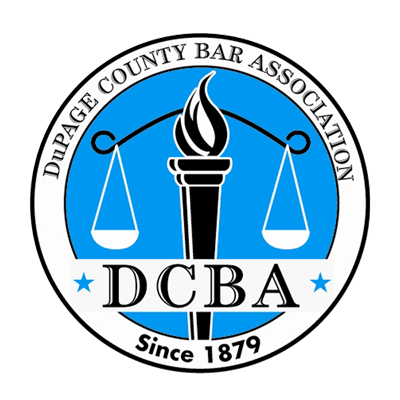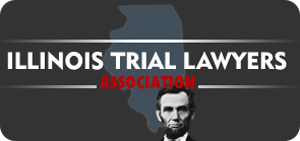
Accidents happen. Drivers are often distracted despite the state’s best intentions to invoke legislation to keep them from being distracted. The radio could be too loud. The driver might be texting. The driver might be looking up directions. Whatever the case may be, their distraction caused an accident that hurt you. Under the best circumstances, the at-fault driver will stick around after an accident to make sure you are okay and take responsibility for their actions. But unfortunately, many at-fault drivers will simply flee the scene or do not understand that they are supposed to stop after an accident.
So, what do you do if the person who caused the accident leaves the scene? Here’s what you need to know.
Contact – Collect – Locate
The first thing you should do if you’re involved in a hit in run in Illinois is contact 911. You may not know you are injured, and you will want emergency services on the scene to ensure your health and safety. While you wait for them to arrive, try and gather as much information about the at-fault driver, their car, and the events surrounding the accident. If you can snap a picture of a license plate number or explain what the vehicle or driver looked like, police will have an easier time locating them. Additionally, if you can, get witness information. The police will interview people working in surrounding buildings, individuals waiting for public transportation, and other drivers who may have pulled over to spectate.
The chaos of a hit-and-run accident can be overwhelming but remember not to leave the scene of the accident until the police arrive. And whatever you do, do not chase after the fleeing driver. Even if you didn’t catch the at-fault driver’s license plate number or remember the color of their car, it’s important to report the incident – you never know what a witness might have seen. Additionally, reporting the accident is usually a mandatory part of filing an insurance claim. Depending on your injuries or the vehicle’s damages, insurance claims will help cover any medical or automotive expenses.
How to Recover Damages
Once the police arrive on the scene, they will investigate the incident and hopefully track down the at-fault driver. When they find the driver, they may charge them with violating Illinois mandatory accident laws -mainly that a driver involved in an accident must stop at the scene of the accident and wait for the police to arrive.
If the police are unable to find the driver, your attorney may also interview witnesses and explore possible ways to uncover the driver’s identity. Once your attorney finds a viable suspect, they will turn over the suspect’s name and location to the police. The police will then investigate this suspect and, if they find enough evidence that points to the individual being the at-fault driver, they will charge them.
There are certain scenarios where the at-fault driver’s identity is discovered, but the police are unable to charge the suspect with a crime. If this is the case, you may still be able to sue the individual for personal injury damages in civil court.
Unfortunately, sometimes the at-fault driver gets away, and their identity is never discovered. In these instances, the emotional distress of hospital and automotive bills may feel overwhelming. But, with the help of an experienced attorney, you may be able to recover these finances from your insurance company. A personal injury attorney will work on your behalf to uncover the facts surrounding the incident, gather evidence, and present them to the insurance company so that you receive the maximum financial recovery.
How Our Chicago Legal Team Can Help
When you decided to take your car out for a drive that day, you never imagined you’d be involved in a hit-and-run accident. Now you’re overwhelmed with medical bills, automotive repairs, and potentially lost wages, and the police are unsure of who the at-fault driver is.
At Cullotta Bravo Group, our personal injury attorneys are waiting to help you navigate this unfortunate experience. We will work tirelessly to advocate on your behalf. You should not be responsible for the mistakes of other drivers.





